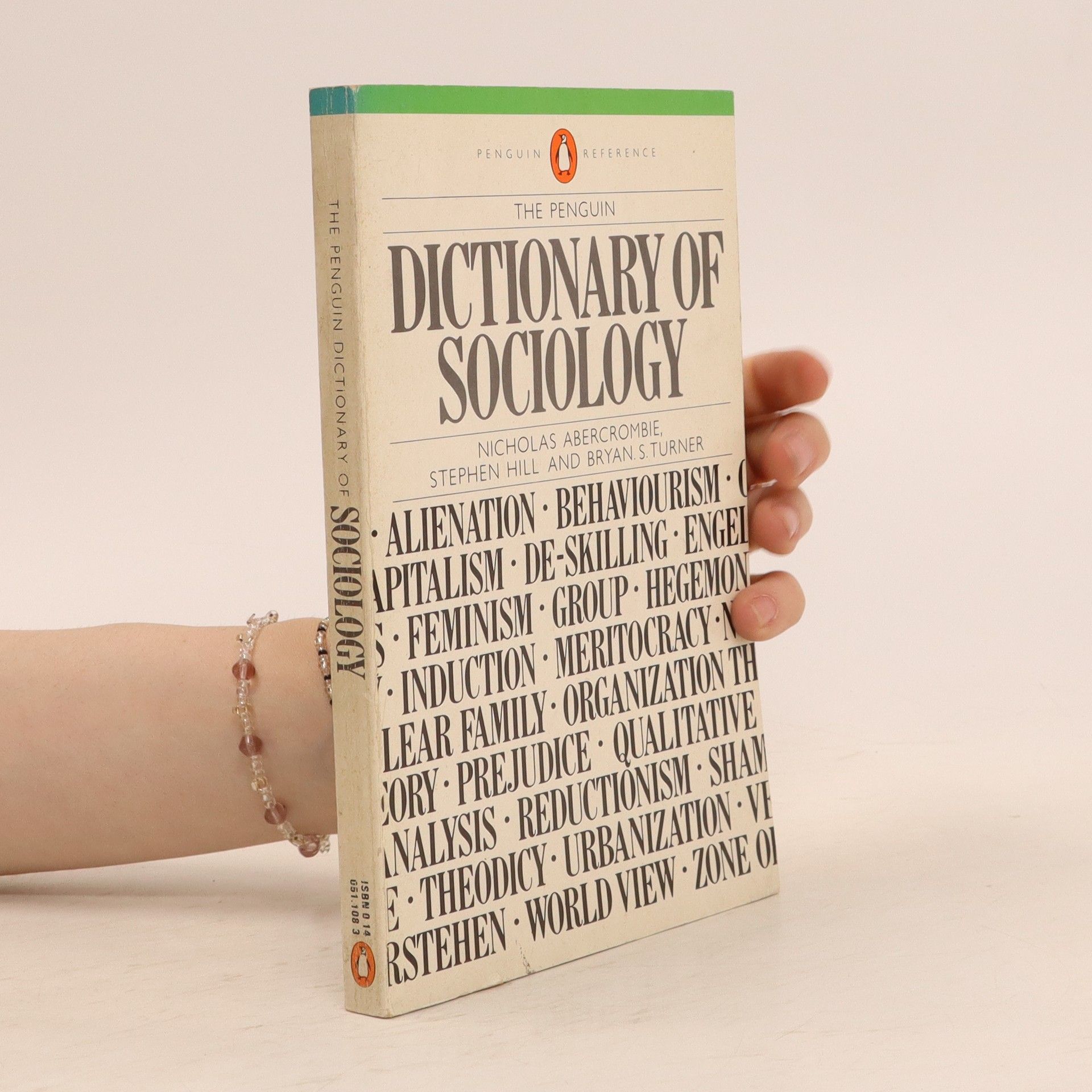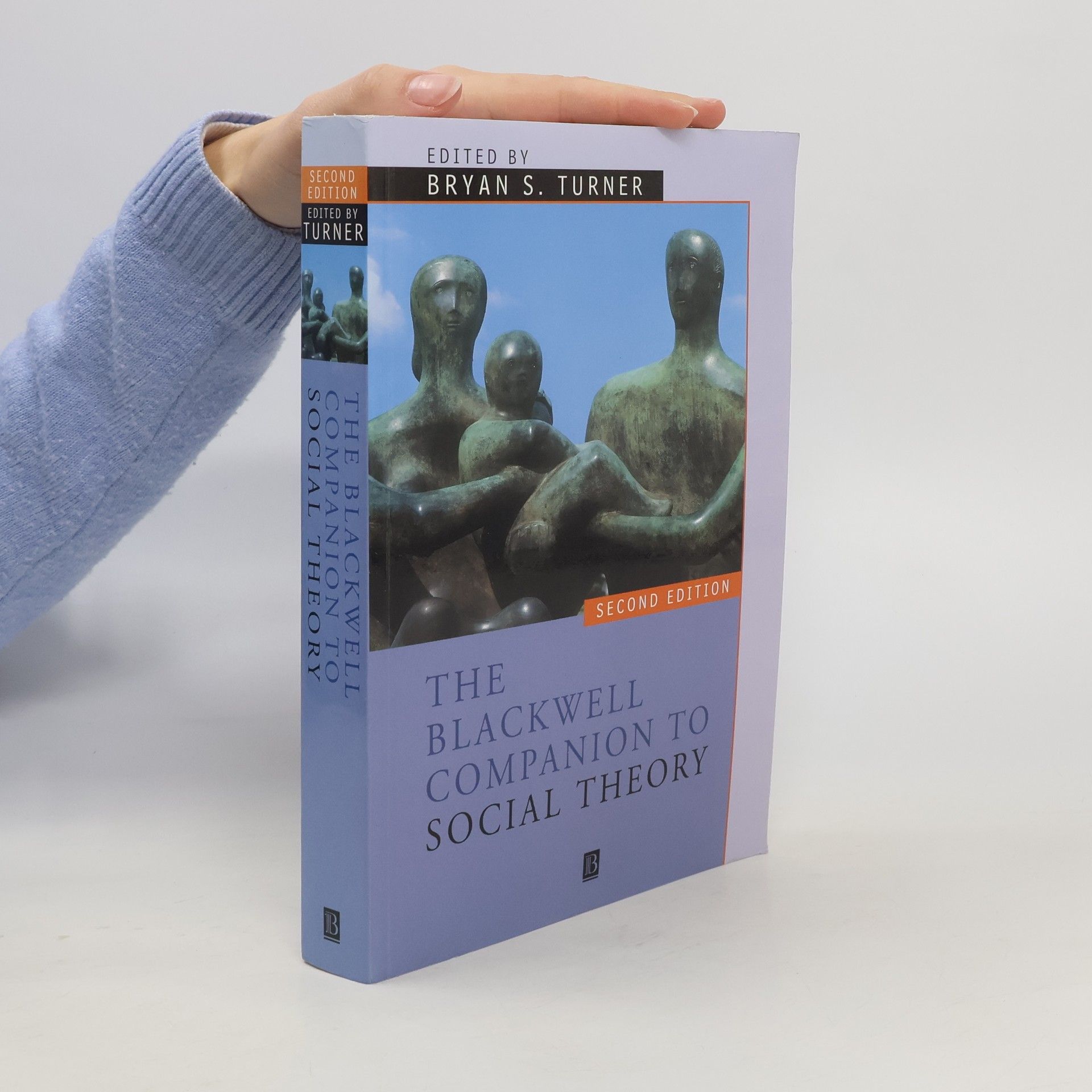Sociology has developed theories of social change in the fields of evolution, conflict and modernization, viewing modern society as essentially unstable and conflict driven. However, it has not seriously studied catastrophe. A Theory of Catastrophe develops a sociology of catastrophes, comparing natural, social and political causes and consequences, and the social theories that might offer explanations. A catastrophe is a general and systematic breakdown of social and political institutions resulting, among other things, in what we could call a catastrophe consciousness. The Greek ‘cata-strophe’ formed the conclusion to a dramatic sequence of strophes. The cata-strophe was the final act of a drama, namely its denouement. Catastrophic denouements are without hope: genocides, military occupations, plagues, famines and earthquakes. A Theory of Catastrophe analyzes Pompeii, the Black Death, colonial genocide in North America, WWI and the Spanish Flu, and Nazi Germany and finally this century: terrorism, new wars, climate change and pandemics. As a study of sociological theory, Bryan Turner discusses Spengler’s Decline of the West , Marxism as a theory of catastrophic capitalism, messianic movements, Weber on modernity, and risk society. He concludes by comparing optimism and pessimism, and the idea of inter-generational justice.
Bryan Turner Book order (chronological)





The Cambridge Dictionary of Sociology
- 708 pages
- 25 hours of reading
Providing an authoritative and comprehensive overview of the classical and the contemporary, this volume is an indispensable guide to the vibrant and expanding field of sociology. Featuring over 600 entries, from concise definitions to discursive essays, written by leading international academics, the Dictionary offers a truly global perspective, examining both American and European traditions and approaches. Entries cover schools, theories, theorists and debates, with substantial articles on all key topics in the field. While recognising the richness of historical sociological traditions, the Dictionary also looks forward to new and evolving influences such as cultural change, genetics, globalization, information technologies, new wars and terrorism. Most entries incorporate references for further reading and a cross-referencing system enables easy access to related areas. This Dictionary is an invaluable reference work for students and academics alike and will help to define the field of sociology in years to come.
The Blackwell Companion to Social Theory (Second Edition) builds on the success of the first edition by adding four completely new chapters. Retained material from the first edition has been revised, extended, and updated and coverage of feminism expanded into two chapters. The book provides insights to the traditions of classical social thought as well as the major debates and developments in contemporary social theory with 18 original essays by the world's leading social theorists.
The Body
- 352 pages
- 13 hours of reading
This challenging volume reasserts the centrality of the body within social theory as a means to understanding the complex interrelations between nature, culture and society. The importance of a theoretical understanding of the body to social and cultural analysis of contemporary societies is demonstrated through specific case studies.
The Penguin Dictionary of Sociology
- 272 pages
- 10 hours of reading
This fourth edition of the well established dictionary has been substantiallyrevised to reflect the newest trends and challenges within a rapidly evolvingdiscipline. Charts.